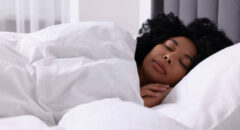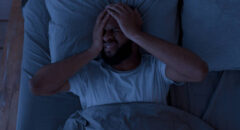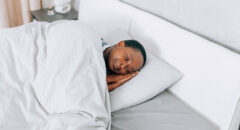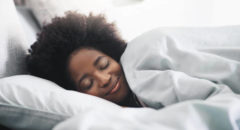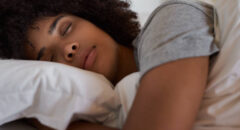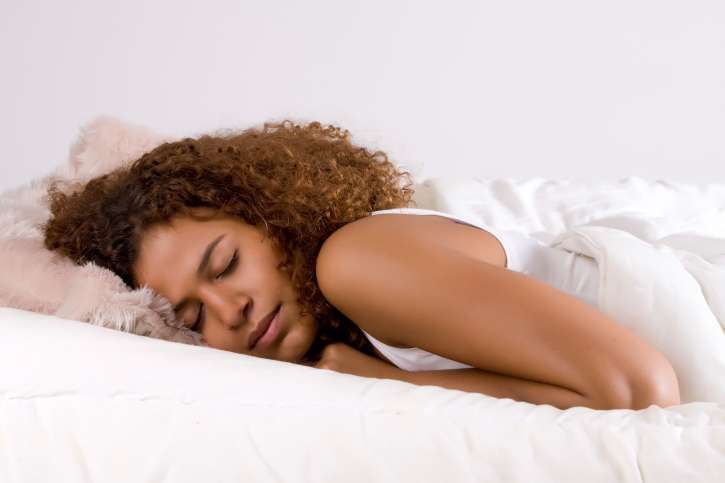 Sleep apnea is a common disorder that can be very serious.
Sleep apnea is a common disorder that can be very serious.
In sleep apnea, your breathing stops or gets very shallow while you are sleeping.
Each pause typically lasts 10-20 seconds or more. These pauses can occur 20 to 30 times or more an hour.
The most common type of sleep apnea is obstructive sleep apnea. During sleep, enough air cannot flow into your lungs
through your mouth and nose even though you try to breathe. When this happens, the amount of oxygen in your blood may drop. Normal breaths then start again with a loud snort or choking sound.
Your sleep is not restful because:
- These brief episodes of increased airway resistance (and breathing pauses) occur many times
- You may have many brief drops in your oxygen levels of the blood.
- You move out of deep sleep and into light sleep several times during the night, resulting in poor sleep quality.
When your sleep is upset throughout the night, you can be very sleepy during the day.
- People with sleep apnea often have loud snoring. However, not everyone who snores has sleep apnea. Some people with sleep apnea don’t know they snore.
- Sleep apnea happens more often in people who are overweight, but even thin people can have it.
- Most people don’t know they have sleep apnea. They don’t know that they are having problems breathing while they are sleeping.
- A family member and/or bed partner may notice the signs of sleep apnea first.
Untreated sleep apnea can increase the chance of having high blood pressure and even a heart attack or stroke. Untreated sleep apnea can also increase the risk of diabetes and the risk for work-related accidents and driving accidents.
What Causes Sleep Apnea?
Sleep apnea happens when enough air cannot move into your lungs while you are sleeping.
When you are awake and normally during sleep, your throat muscles keep your throat open and air flows into your lungs. However, in obstructive sleep apnea, the throat briefly collapses, causing pauses in your breathing. With pauses in breathing, your oxygen level in your blood may drop.
This happens when:
- Your throat muscles and tongue relax more than is normal.
- Your tonsils and adenoids are large.
- You are overweight. The extra soft tissue in your throat makes it harder to keep the throat area open.
- The shape of your head and neck (bony structure) results in a somewhat smaller airway size in the mouth and throat area.
With the throat frequently fully or partly blocked during sleep, enough air cannot flow into your lungs, even though efforts to breathe continue. Your breathing may become hard and noisy and may even stop for short periods of time (apneas).
Central apnea is a rare type of sleep apnea that happens when the area of your brain that controls your breathing doesn’t send the correct signals to the breathing muscles. There is then no effort to breathe at all for brief periods. Snoring does not typically occur in central apnea.
Who Gets Obstructive Sleep Apnea?
Anyone can have obstructive sleep apnea.
It is estimated that more than 12 million Americans have obstructive sleep apnea. More than half the people who have sleep apnea are overweight, and most snore heavily.
Adults most likely to have sleep apnea:
- Snore loudly
- Are overweight
- Have high blood pressure
- Have decreased size of the airways in their nose, throat, or mouth. This can be caused by he shape of these structures or by medical conditions causing congestion in these areas, such as hay fever or other allergies.
- Have a family history of sleep apnea.
Sleep apnea is more common in men. One out of 25 middle-aged men and 1 out of 50 middle-aged women have sleep apnea, which causes



